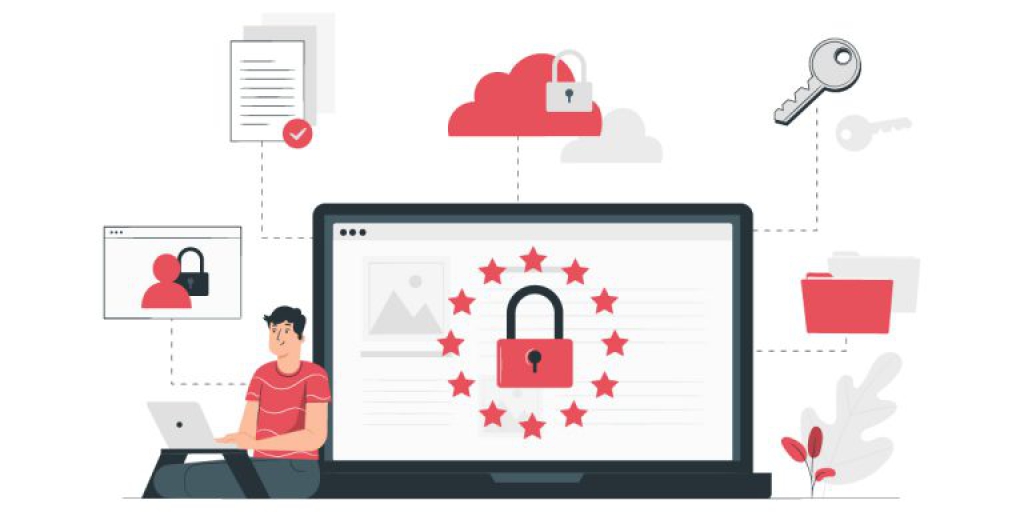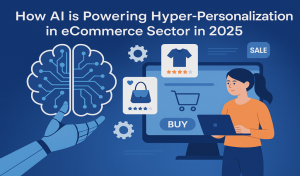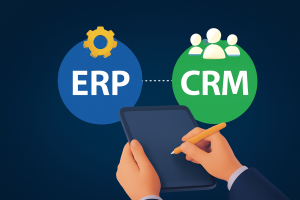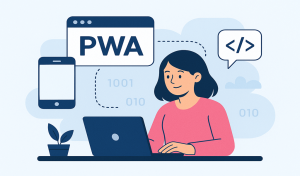How Do Password Managers Work and Store Your Data?

Passwords. Have we ever experienced so many problems with anything else connected to technology? Most likely not. The most popular method for securing all kinds of data and services is using passwords, but alas, there are many to remember!
Hackers are aware of all the methods we employ to create and remember passwords, and all too frequently, they successfully access our accounts using our weak passwords. Using a password manager can help with some problems associated with passwords.
What is a Password Manager?
The advantage of using such a program is that each website and account can have a different, genuinely random, long password, and you don’t have to remember it—the password manager will keep track of them for you. It can even assist you in avoiding entering your passwords into insecure websites.
How do Password Managers store your data?
Password managers relieve you of needing to remember multiple codes by storing everything for you. There are different applications that are popular on the market right now, and they all have their own specific style of handling things. But the basic idea is the same.
Your passwords are stored in an encrypted manner, and can only be retrieved by unlocking the encryption. This can be done in various ways, not just by inputting a “master password”. For example, some password managers allow you to unlock them by providing a specific, unique file. Most of the popular password managers on the market also come with other nifty features.
For example, they will usually automatically generate secure passwords for you according to customizable rules. They may also support automatically inputting the password for supported sites.
Why do you need a Password Manager?
A password manager can be a highly useful tool for protecting sensitive corporate information and personal banking logins. A password organizer might be an excellent purchase for people who struggle to manage passwords across numerous websites. These tools manage security by generating secure passwords and keeping them organized, and both individuals and companies can benefit from the security they provide.
Features of a Password Manager
Advanced encryption is the most crucial characteristic to look for in password managers. It is essential. Data security is at the core of password managers; without end-to-end encryption, your data won’t be sufficiently safe.
End-to-end encryption
Advanced encryption is the most crucial characteristic to look for in password managers. It is essential. Data security is at the core of password managers; without end-to-end encryption, your data won’t be sufficiently safe.
Thanks to end-to-end encryption, your data is guaranteed to be unreadable both in transit and at rest. A special authentication key must be supplied for the platform to be able to decode the data. The user is the only one with access to this authentication key thanks to end-to-end encryption.
Multi-Platform Support
For you to access your password vault regardless of the OS you’re using, support for various platforms is essential.
At the very least, a password manager should work on the four most popular operating systems: Android, iOS, Windows, and macOS. A password manager should also offer browser extensions for all major browsers. This makes entering your information on any login page so much simpler.
Secure Password Generator
A password generator should be included with every password management. You need password generators in order to create secure, distinctive passwords, and they are absolutely necessary. You no longer need to keep track of all the advice for creating safe and effective passwords, which significantly reduces workload.
The length of a password generated by a password generator can be changed, and you can even specify whether it should contain special characters, digits, lowercase letters, or capital letters.
Vault Storage Location
You can use password managers to store passwords, notes, and other private information in a vault. Passwords can be kept in the cloud, on your device, or locally by a password manager.
Even though keeping your password on a gadget is alluring, there are drawbacks. The biggest drawback is that you can’t get your passwords back if you lose your device.
You must manually sync passwords between devices if you store your data in an on-device vault. Automatic syncing is crucial at a time when individuals use many gadgets for various purposes.
Security
Security is crucial because you’ll be storing login information for your accounts, including vital platforms like banks. Fortunately, password managers use a variety of encryption algorithms to protect your data from hackers.
Some password managers store passwords and other personal information using a zero-knowledge storage technique, ensuring only you have access to your credentials. By using this method, you may prevent a password manager from accessing the credentials kept in your vault.
Multi-factor authentication (MFA)
While we’re talking security, let’s talk about MFA. Users must log in with MFA and a secondary authentication mechanism in addition to their password. This guarantees that a user’s account will probably stay secure even if their master password is stolen.
A one-time password or a special code issued by an authentication app could be used as the secondary authentication method. The user’s personal device, such as their mobile phone or personal email account, is typically connected to these supplementary means.
Are Password Managers safe?
You might be hesitant to entrust a program or application with your master password and other sensitive data. Can’t app developers also be hacked?
Password managers can be compromised, is the short response. Cybercriminals may gain access, but it does not guarantee they will obtain your master password or any other personal data. Your password manager encrypts the data it stores. And it’s nearly impossible to crack such encryption, which is typically an industry standard like Advanced Encryption Standard (AES).
Additionally, your master password and the encrypted data in your password database are neither stored nor accessible by the majority of password managers.
Your one master password’s strength and security determine a lot of the security of your password manager. Additionally, many password management services do not keep the master password on the same server as your encrypted data. This increases security by yet another level.
Advantages of using Password Managers
One password for everything: The best and most desirable feature is that you only need to remember one password for all of your online accounts, rather than having to remember tens or even hundreds.
Automatically generated passwords: Is it difficult to develop fresh, original passwords? Some people might even attempt to generate a new password by pressing random keys on their keyboard, but this still results in a pattern because of how the keys are organized. One of the numerous advantages of a password manager is that they may generate passwords for you automatically in addition to storing all of your passwords.
Greater Security: When compared to alternative options, password managers offer greater security. For instance, passwords written down on paper or saved in a computer document run the danger of being discovered by unauthorized parties.
Can be disclosed to a reliable person: If you find yourself unable to access your accounts on your own, an online password manager can save your life. An online password manager can save your loved ones or the person in charge of your accounts a lot of time and anguish, for instance, if you become handicapped due to an illness or injury or if you die away.
Disadvantages of using Password Managers
Single sign-on has disadvantages: Since you only need one password to access all of your sensitive login information, there is a chance that you or your password manager might be hacked, compromising all of your accounts and putting you at risk for serious identity fraud. Make sure you use multi-factor authentication on your password manager to help prevent this.
A single point of failure: It would be a tragedy to lose access to the password manager after committing to organize and secure all of your passwords. With just one complicated password to remember, perhaps you won’t run into any problems, but if you do, you’re out of luck.
There is a learning curve: Changing all of your passwords will take some time, and you will need to rediscover how to access your accounts. Many online password managers have browser plugins that simplify the procedure.
Conclusion
So, unless you’re some encryption genius, a walking random number/letter/symbol generator, or a human supercomputer with the ability to retain complicated chunks of data and information permanently, it’s time to get a password manager.




